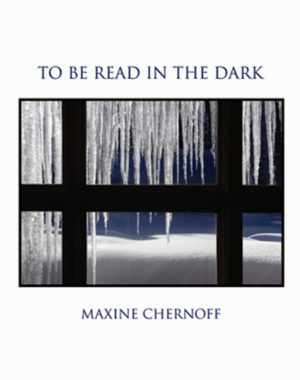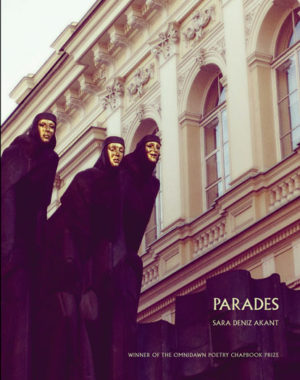Description
Translated by Donald Revell
French on facing pages
Songs without Words (Romances sans paroles) is the book in which, unabashedly, Paul Verlaine becomes himself and, in so doing, becomes the iconic poet of the French nineteenth century. A book of musical sequences, it seeks and finds exquisite purity of expression, best exemplified by “Il pleure dans mon coeur,” the most famous and most inimitable of all French lyric poems. And it is a book of intertwining narratives also, each of which entertains abasements and ecstasies, crises, crimes and expiations. These, in their separate ways, detail the shadowlands of artistic purity. Verlaine adores and defiles his child-bride, Mathilde. He takes to the road with Arthur Rimbaud, the love of his life, his muse, his captive and captor. Exhaustion is everywhere counterpoised with exaltation, squalor with splendor. And yet, in nearly every syllable, the dignity of Poetry and of human affections, proves inviolable.
About the Author
Reviews
Excerpt
Paul Verlaine was born in Metz, France in 1844, and died in 1896. He began to publish poems and to make a name for himself in Paris in his early twenties. In 1870, he married his child-bride Mathilde, whose very respectable family he time and again outraged with his drunken sprees and outbursts of violence. Everything came to smash in 1871 when Verlaine invited Arthur Rimbaud to Paris. The two poets became lovers and wandered through France, England, and Belgium until 1873. In Brussels, in July of that year, Verlaine shot and wounded Rimbaud in the left wrist. Although the younger poet did not wish to press charges, the law took its course and Verlaine was sentenced to two years’ hard labor. Penniless, Rimbaud walked home to France and finished A Season in Hell. In prison, Verlaine oversaw the proof-reading and publication of Romances sans paroles (1874), re-discovered his Catholic faith, and wrote the devotional poems collected in Sagesse (1880). After his release, judicially separated from his wife and permanently estranged from his only child, Verlaine lived by various stints of farming and teaching until, upon the death of his tirelessly indulgent mother in 1886, he drifted permanently into chronic illness, alcoholism and destitution. Yet all the while, he continued to write and to publish poetry, often to great acclaim. In 1893, he was invited to Oxford to lecture on Modern French Poetry. In 1894, the writers of Paris elected him Prince of Poets. He died in that city two years later, a few months short of his 52nd birthday.
Donald Revell is Professor of English & Director of Creative Writing programs at UNLV. Thief of Strings is his tenth poetry collection, published by Alice James. Donald Revell’s previous translations include The Illumninations by Arthur Rimbaud, and A Season in Hell by Arthur Rimbaud, both of which were published by Omnidawn. A Season in Hell won the PSA translation award. His books of essays include Invisible Green: Selected Prose, published by Omnidawn. He serves as poetry editor of Colorado Review. Revell lives in the desert south of Las Vegas with his wife, poet Claudia Keelan, and their children Benjamin Brecht and Lucie Ming.
TRANSLATORS CAN BE ROUGHLY DIVIDED between those who strive to be ‘faithful’, to recreate in the target language as exact and literal a version of the original as they can, and those who attend to the ‘spirit’ of what’s written, allowing themselves rich interpretive latitude in carrying that spirit across. We should start by backing up to recognize the depth and ubiquity of the process, of course, that we translate when we move from thought into words, the slippage and chasms we negotiate just to understand what’s said in our own mother tongues. So much of what we do is translation. There can be no question, though, that Donald Revell is a spirit guy, a rover, and a freebooter, and that Songs without Words, as well as translation, can be thought of almost as a conversation or a musical jamming between him and Verlaine.
VII
Was oh my soul was sad because
Of a woman was sad because
Washed far away and gone my heart
Unhelped I stay although far gone
My heart a stranger and my soul too
Far gone to other worlds although
Unhelped I inconsolable
Stay here although my heart is gone.
My heart goes on to speak
Saying pain and impossible
To live oh my soul and soul speaks
Saying proud exile sorrowful
Exile nothing else. Where are we?
A mug’s game a snare and from here
Again and once again as far
Together as strange we stay here.



